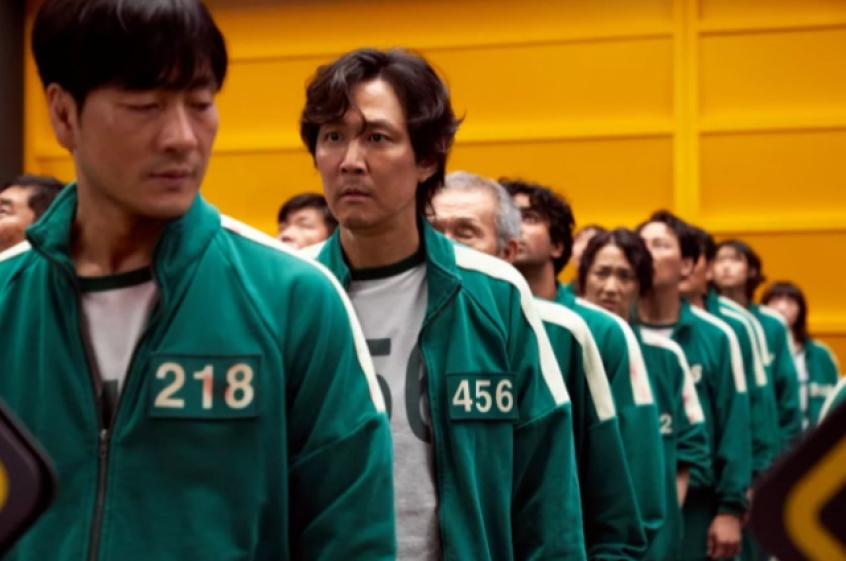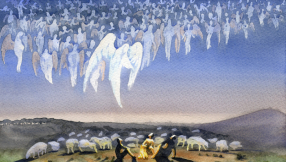
With Squid Game becoming the latest must-watch TV show, Christians came together on Friday to consider what it might have to say about today's culture.
The dystopian drama, set in South Korea, depicts hundreds of desperate contestants accepting invitations to compete in children's games for a substantive cash prize, with the consequence of losing being death.
It has become a global sensation on Netflix, garnering millions of viewers.
Social entrepreneur Dr Krish Kandiah led an online discussion on Friday exploring key themes in the show and how culture can be used as a bridge to deliver the message of Christianity.
"The questions, ideas, concerns and worries that our culture has presented in a movie can be used as half the bridge to show how my understanding of the Christian message can fulfil, connect or challenge some of the ideas that are present in that film," he said.
He continued: "Sometimes, culture is an echo, it echoes an idea that is already present in the bible and that cultural artefact makes it louder."
Also speaking at the event was Dr BJ Jun, Professor of Intercultural Education and Leadership at ACTS University in Korea.
Joining live from Korea, Dr Jun shared that what Westerners need to know about Korean culture in order to better appreciate the series is the importance of family.
"Everything is family centred. As you see from Squid Game, it's all focused on family. Those participants in Squid Game play the game for their families, not for themselves," he said.
The seminar also discussed the Christian message running through the series and how the subject of hell is particularly prevalent as the contestants are faced with the hell of the Squid Game and the hell of their lives at home, with their only way of escaping either one being to obtain 'salvation' - the cash prize.
"The series is showing their despair and that gambling, even though it might have got them into a lot of trouble, is still seen to be a solution," said Dr Kandiah.
He continued: "How does the Church offer an alternative to this incredibly dystopian picture of money, wealth, poverty and hope? We have got a very different approach and yet sometimes the Church compromises and ends up re-baptising this culture of social climbing with something we describe as the prosperity gospel."
Dr Kandiah suggested the Church consider its approach to money, wealth and prosperity in light of scripture and not allow the culture of social climbing to shape the way the Church presents itself.
"We do not just want to adapt the Gospel so that it suits the culture," he said.
"This series gives an important challenge, are we going to genuinely live out the supernatural sociology of the Gospel that is about welcoming the poor, needy, those that society rejects?"
Reflecting on one episode in which the weak, poor and uneducated are not selected to compete in a game, he added, "The Church takes the complete opposite view and says 'come to me all who are weary and heavy laden'. The supernatural sociology of the Gospel has a real opportunity to shine in the midst of a Squid Game world."













